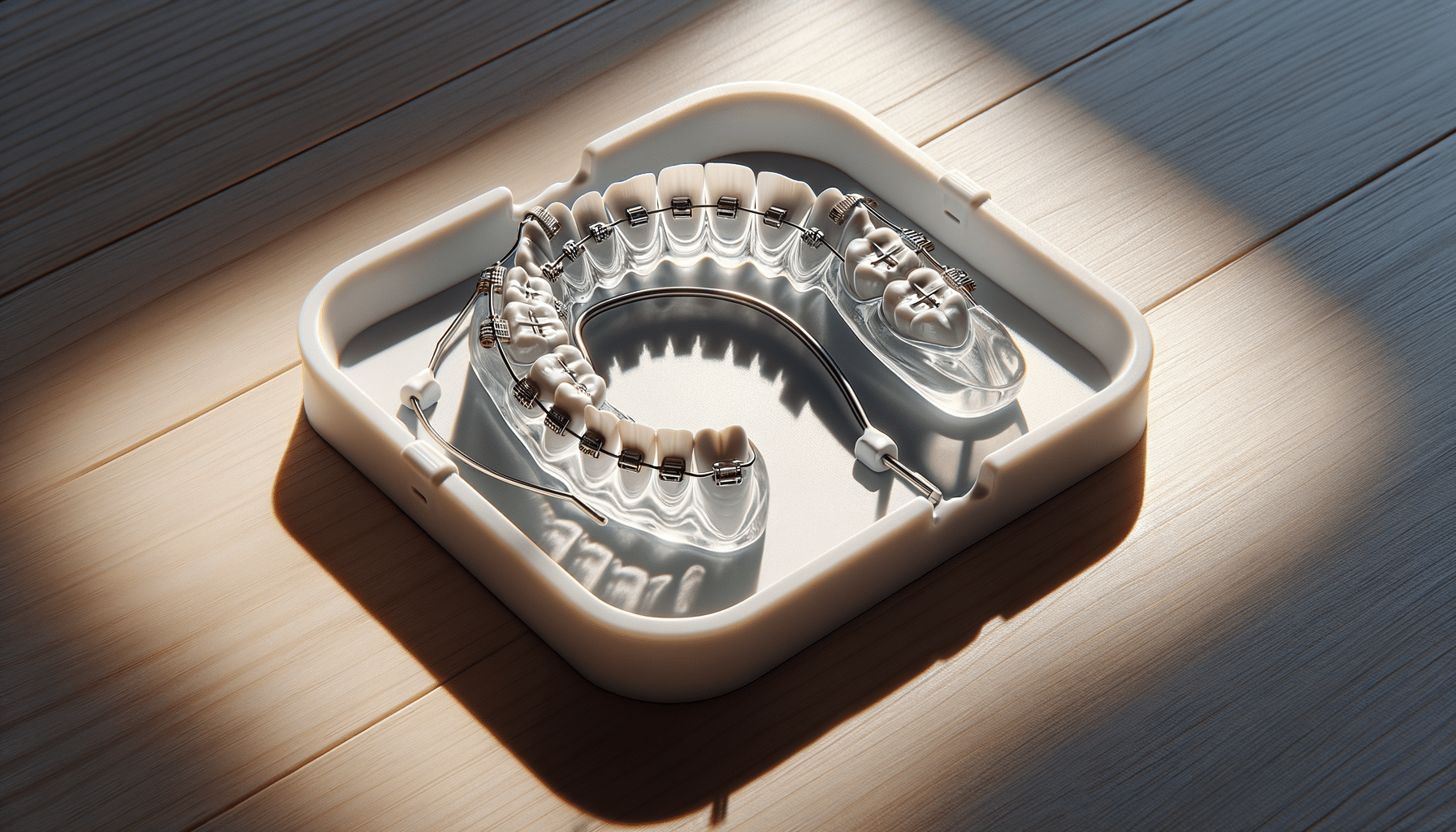
What Do Men Seek in Marriage? And Why Is Couple Therapy Important
Understanding Men’s Needs in Marriage
Marriage is a complex and multifaceted institution, often seen as a partnership that requires effort and understanding from both parties. For men, the needs within a marriage can vary widely based on individual personalities, cultural backgrounds, and personal experiences. However, some common themes do emerge when discussing what men seek in a marital relationship.
First and foremost, many men desire companionship and emotional support. The modern world can be isolating, and having a partner who provides a sense of belonging and emotional stability is crucial. This companionship often translates into a need for open communication. Men, like women, benefit from a relationship where they feel heard and valued, which can foster a deeper emotional connection.
Additionally, respect and appreciation are significant elements that men look for in marriage. Feeling respected by their partner can enhance a man’s self-esteem and sense of worth, which in turn can strengthen the marital bond. Men often seek acknowledgment for their efforts, whether it be in their careers, household contributions, or emotional support.
Another important aspect is shared goals and values. Men often look for partners who share similar life objectives, whether they are related to family, finances, or personal development. This alignment can create a cohesive partnership where both parties work towards common aspirations.
Lastly, intimacy, both physical and emotional, plays a vital role in fulfilling men’s needs in marriage. A healthy intimate relationship can be a cornerstone of marital satisfaction, providing a space for vulnerability and closeness.
The Role of Communication in Marriage
Communication is often heralded as the cornerstone of a successful marriage. It is the means through which partners express their needs, desires, and concerns, making it an essential component of marital harmony. Effective communication allows couples to navigate the complexities of life together, fostering understanding and empathy.
For men, communication can sometimes be challenging due to societal norms that discourage the expression of emotions. However, breaking these barriers is crucial for a thriving marriage. Open and honest dialogue can help partners address issues before they escalate, preventing misunderstandings and resentment.
There are several key aspects of effective communication in marriage:
- Active Listening: This involves truly hearing what the other person is saying, without interrupting or immediately jumping to solutions. It shows respect and a willingness to understand the partner’s perspective.
- Expressing Emotions: Sharing feelings openly can be difficult, but it’s vital for emotional connection. Men who express their emotions can foster a deeper bond with their partners.
- Nonverbal Communication: Body language, eye contact, and tone of voice all play a role in how messages are received. Being mindful of these can enhance communication.
- Conflict Resolution: Disagreements are inevitable, but how they are handled can make or break a marriage. Constructive communication focuses on resolving issues rather than winning arguments.
Incorporating these elements into daily interactions can significantly improve marital satisfaction and help build a resilient partnership.
The Importance of Couple Therapy
Couple therapy, also known as marriage counseling, can be a valuable resource for partners looking to strengthen their relationship. It provides a safe space for couples to explore their issues with the guidance of a trained professional. The importance of couple therapy cannot be overstated, as it offers numerous benefits that can lead to a healthier and more fulfilling marriage.
One of the primary advantages of couple therapy is the facilitation of communication. Therapists can help partners develop effective communication strategies, enabling them to express their needs and concerns more clearly. This can lead to a reduction in misunderstandings and conflicts, promoting a more harmonious relationship.
Another benefit is the opportunity for partners to gain insight into their relationship dynamics. Therapy can uncover patterns and behaviors that may be contributing to marital dissatisfaction. By understanding these dynamics, couples can work towards making positive changes.
Moreover, couple therapy can be instrumental in resolving specific issues such as infidelity, financial disagreements, or parenting conflicts. Therapists provide tools and techniques to address these challenges, helping couples find solutions that work for both parties.
Additionally, therapy can strengthen emotional bonds by fostering empathy and understanding. Couples learn to see things from each other’s perspectives, which can deepen their connection and enhance their partnership.
Overall, couple therapy is a proactive step towards maintaining a healthy marriage. It demonstrates a commitment to the relationship and a willingness to work through difficulties, ultimately leading to a more satisfying and enduring partnership.
Challenges and Misconceptions About Couple Therapy
Despite its potential benefits, couple therapy is often surrounded by misconceptions and challenges that can deter couples from seeking help. Understanding these can help demystify the process and encourage more couples to consider therapy as a viable option for improving their relationship.
One common misconception is that therapy is only for couples on the brink of divorce. In reality, therapy can be beneficial at any stage of a relationship, whether partners are experiencing minor disagreements or more significant issues. Early intervention can prevent problems from escalating, making it a valuable tool for all couples.
Another challenge is the stigma associated with seeking therapy. Some individuals may perceive it as a sign of weakness or failure, fearing judgment from others. However, therapy should be seen as a courageous step towards personal and relational growth, not as an admission of defeat.
Additionally, there can be a reluctance to open up to a stranger about personal issues. Trusting a therapist takes time, but it’s important to remember that therapists are trained professionals who provide a non-judgmental and confidential environment.
Some couples may also have unrealistic expectations about therapy, hoping for immediate solutions to complex problems. It’s essential to approach therapy with patience and an understanding that change takes time and effort from both partners.
By addressing these challenges and misconceptions, couples can overcome barriers to seeking therapy and take advantage of the support and guidance it offers.
Conclusion: Embracing Couple Therapy for a Stronger Marriage
In conclusion, understanding what men seek in marriage and the importance of couple therapy can pave the way for healthier, more fulfilling relationships. Men often look for companionship, respect, shared values, and intimacy in a marriage, and effective communication is key to meeting these needs.
Couple therapy plays a crucial role in supporting marriages by enhancing communication, resolving conflicts, and strengthening emotional connections. Despite challenges and misconceptions, therapy offers a valuable opportunity for growth and improvement, helping couples build resilient and enduring partnerships.
By embracing couple therapy, partners demonstrate a commitment to their relationship and a willingness to work through difficulties together. This proactive approach can lead to a more satisfying and harmonious marriage, ultimately benefiting both individuals and their shared life together.


